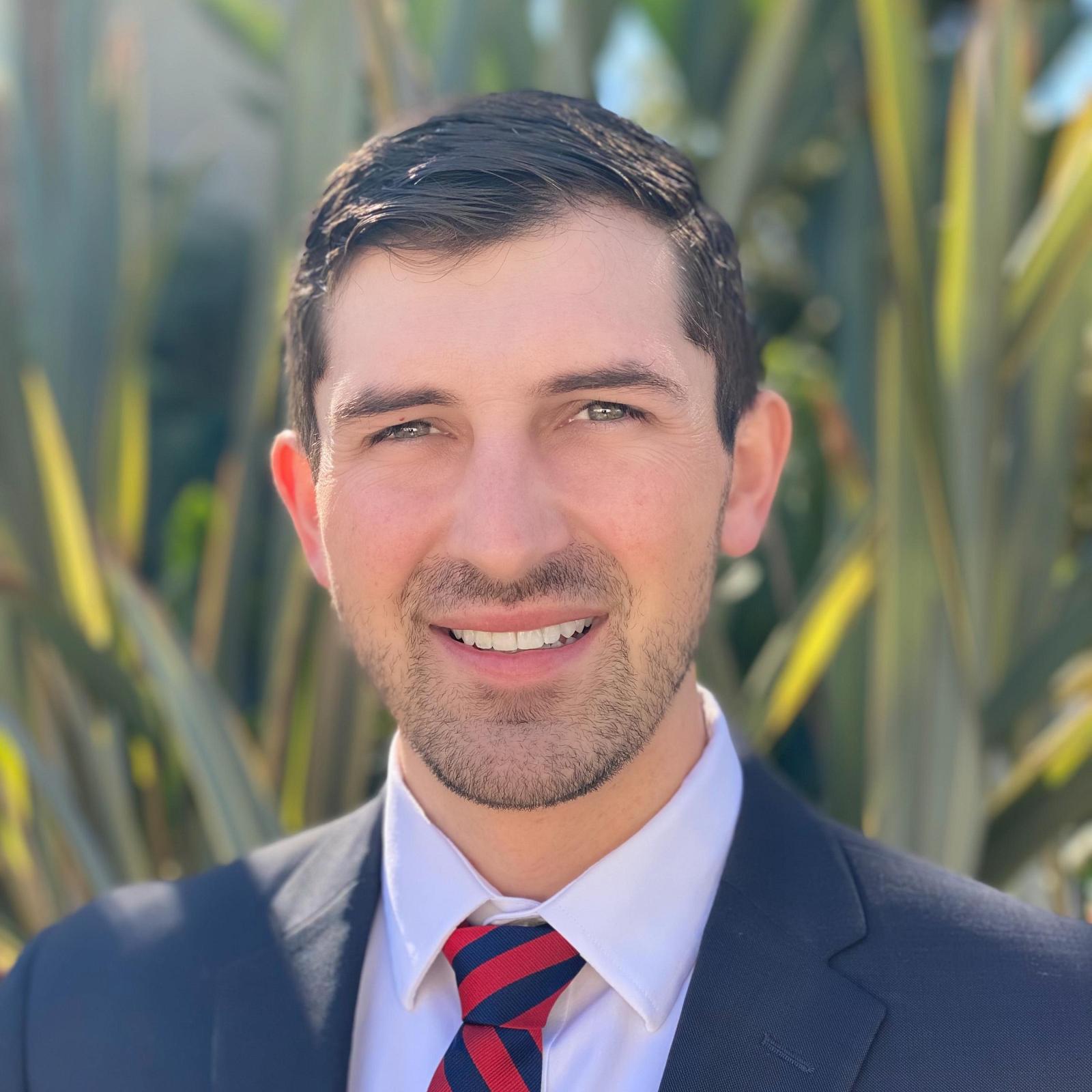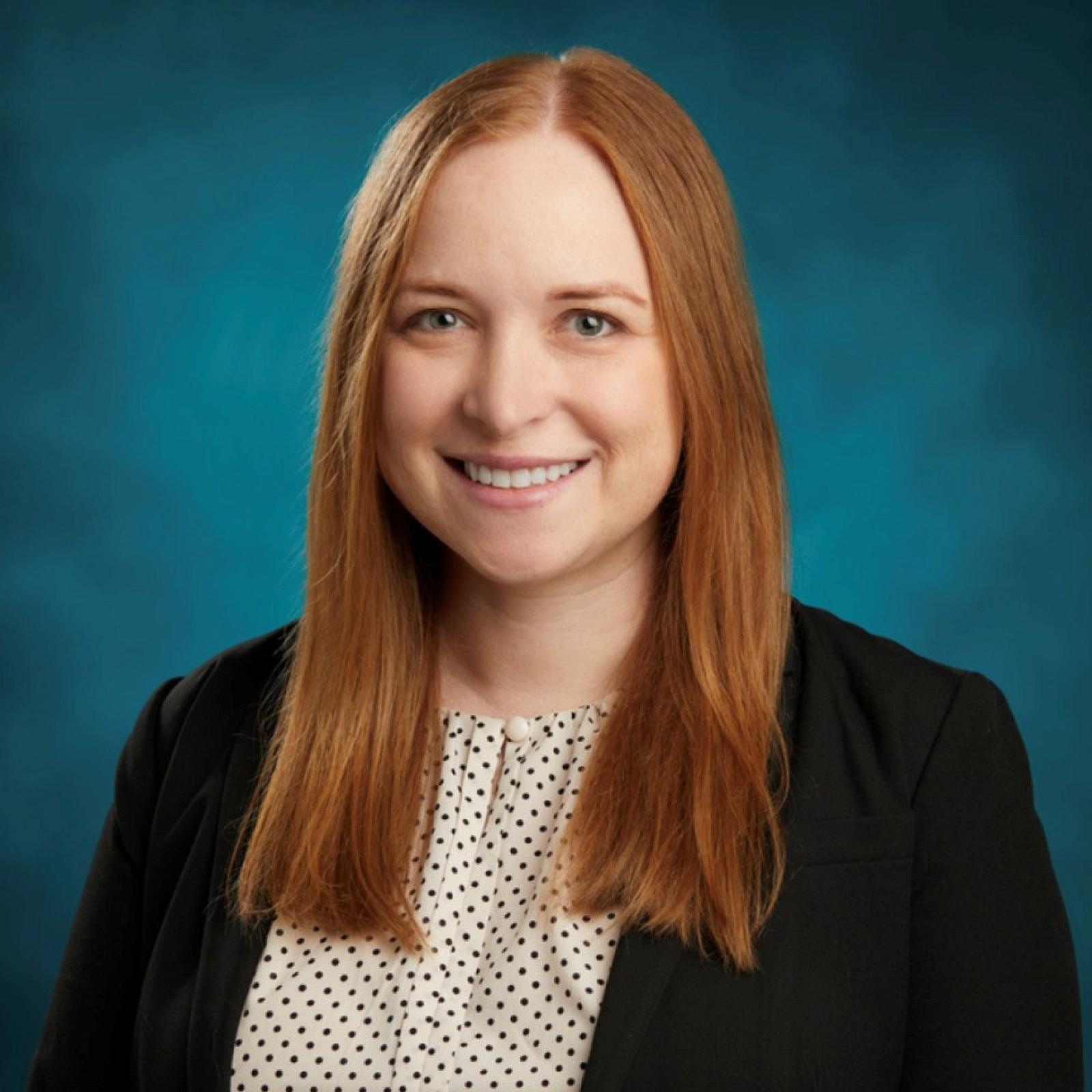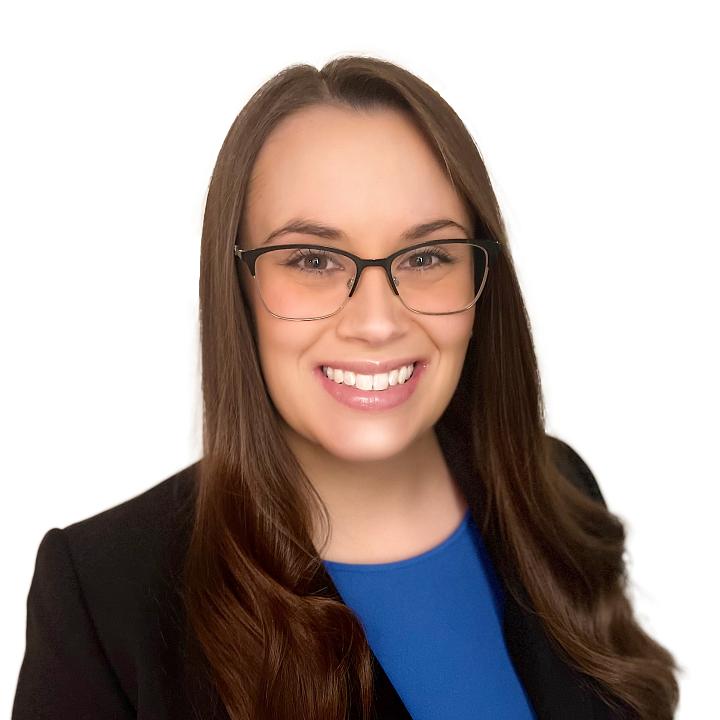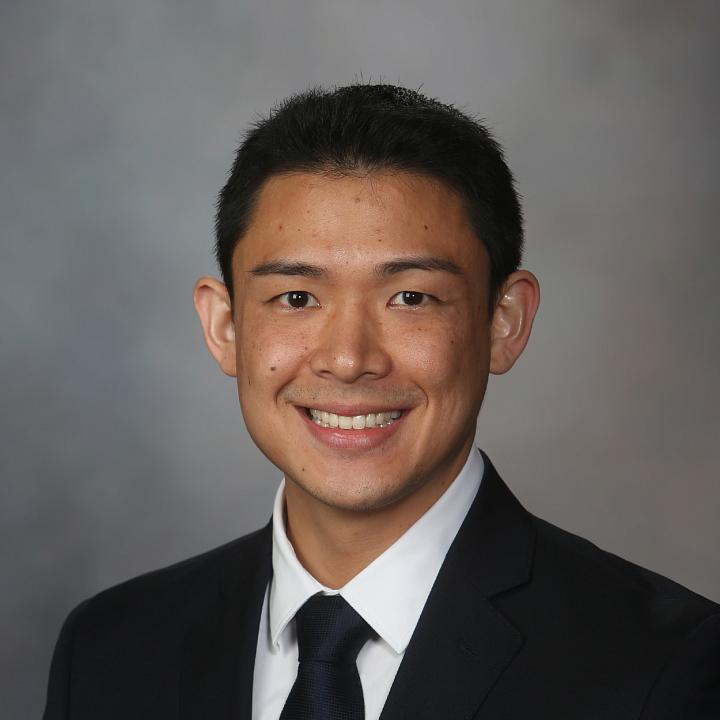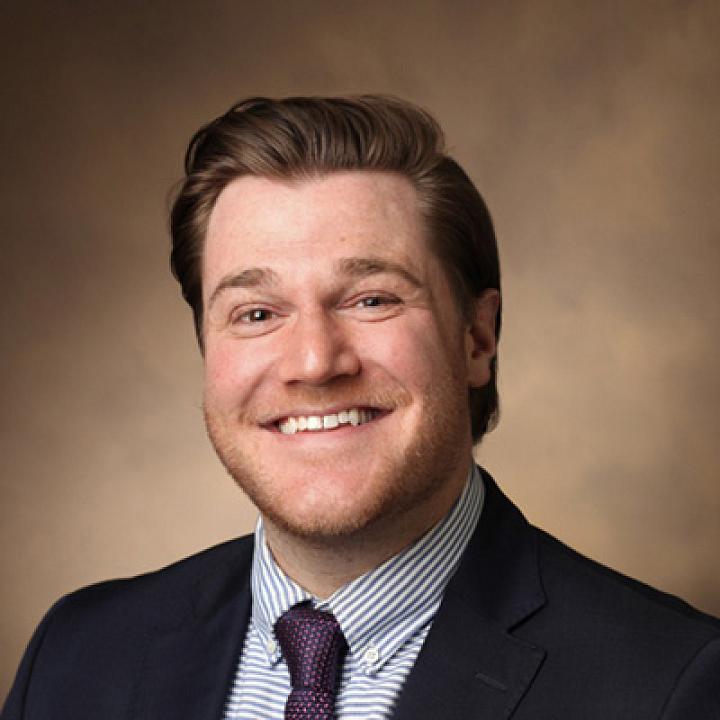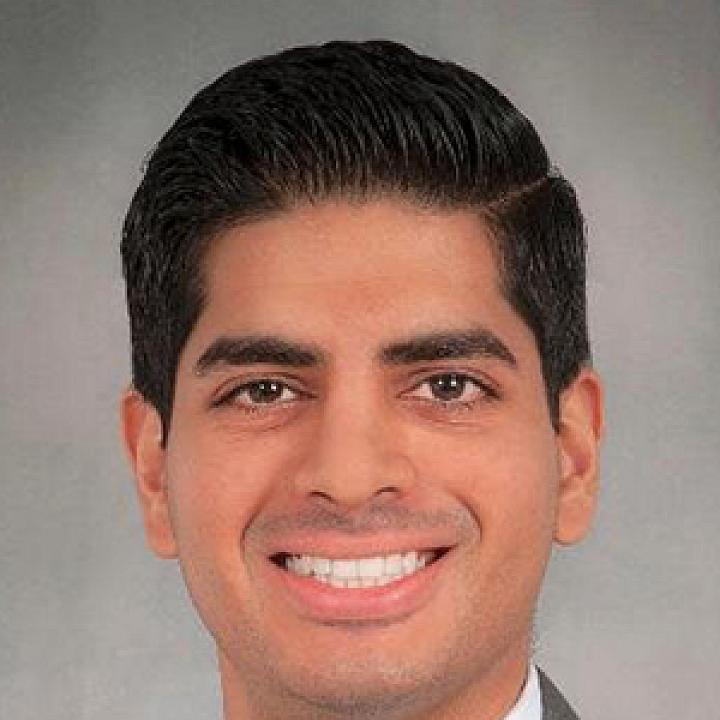
Andrology Fellowship
ABOUT THE ANDROLOGY & MEN'S HEALTH FELLOWSHIP
Our Andrology Fellowship is part of the only academic men’s health program within 300+ miles, featuring Utah’s sole fellowship-trained andrologist and reconstructive urologist. With a unique integrated practice unit combining male infertility, men’s health, and the REI division of OBGYN, we offer unmatched collaboration and care.
Since 2016, we’ve hosted one fellow annually in a shared andrology and reconstructive urology fellowship. In 2019, we expanded into two separate andrology fellowship programs. The one-year andrology fellowship duration provides robust clinical training in male infertility, Peyronie’s disease, prosthetics, IVF, and andrology lab techniques.
We are dedicated to helping men achieve optimal sexual and reproductive health, recognizing their vital role in overall well-being. Through innovation, research, and advanced surgical techniques, we deliver life-changing outcomes.
PROGRAM INFORMATION
The andrology and men’s health fellowship will enable the fellow to learn cutting edge medical and surgical techniques of all aspects of andrology and men’s health. It will also encompass a broad spectrum of research, the administrative and business aspects of setting up a clinical program in infertility/men’s health and exposure to reproductive endocrinology and infertility. It will facilitate the fellow’s ability to set up a productive infertility/men’s health practice after graduation and set them up to be a leader in research and clinical care in these fields.
This will include:
- Understanding of the pathophysiology of male infertility
- Comprehensive medical management of male infertility with exposure to syndromes such as Klinefelter’s and Kallman’s
- Ability to understand female infertility, interface with REIs and optimize referral patterns
- Understanding the pathophysiology of erectile dysfunction and the nuances of medical management of ED (oral medications and penile injections)
- Understanding of the genetic and epigenetic basis of infertility and erectile dysfunction
- Comprehensive surgical training in male infertility with ability to perform numerous microTESE, TESE, varicocele, and vasectomy reversal procedures
- Performance of office-based procedures such as TESE, TESA and PESA under local anesthesia
- Performance of microsurgical cord denervations
- Surgical techniques for virgin and revision penile prosthetics with exposure to corporal excavation, adjunct maneuvers to optimize device placement and cases involving concurrent plication and grafting for Peyronie’s disease.
- Ability to independently perform vasectomy
- Penile Doppler ultrasound training to enable the fellow to perform and interpret doppler studies
- Performance and interpretation of scrotal ultrasounds
- Understanding of the pathophysiology and progression of Peyronie’s disease
- Management of complex Peyronie’s cases in an office-based setting including penile injections and medical management of this condition
- Surgical management of Peyronie’s disease including plications, grafting and concurrent penile prosthesis placement with these procedures
- Exposure to clinical trials in erectile dysfunction and male infertility
- Exposure to transgender surgery program developed by Drs Hotaling and Myers
- Exposure to placement of AUS and male slings with Dr. Myers
- Ability to mentor medical students, research fellows and residents from the inception to completion of research projects
- Understanding the inner workings of a clinical andrology lab and the performance and interpretation of a semen analysis
RESEARCH RESPONSIBILITIES
ANDROLOGY FELLOWSHIP RESEARCH
We have a very active research program which spans basic, translational, epidemiologic and clinical trials research. The fellow will have exposure to expertise in the genetics and epigenetics of male infertility, translational research profiling spermatogonial stem cells and access to large volumes of data from NIH sponsored trials run out of Utah. Finally, the fellow will access to a statistician, database programmer, IRB coordinator and a demographer for research with the Utah Population Database (UPDB). The UPDB has been compared to the Hubble telescope for human health and consists of the entire Utah population with an IRB approved database to study male infertility with over 1,700,000 records.
FELLOWS
2022 - 2024
2021 - 2022
2020 - 2021
2019 - 2020

